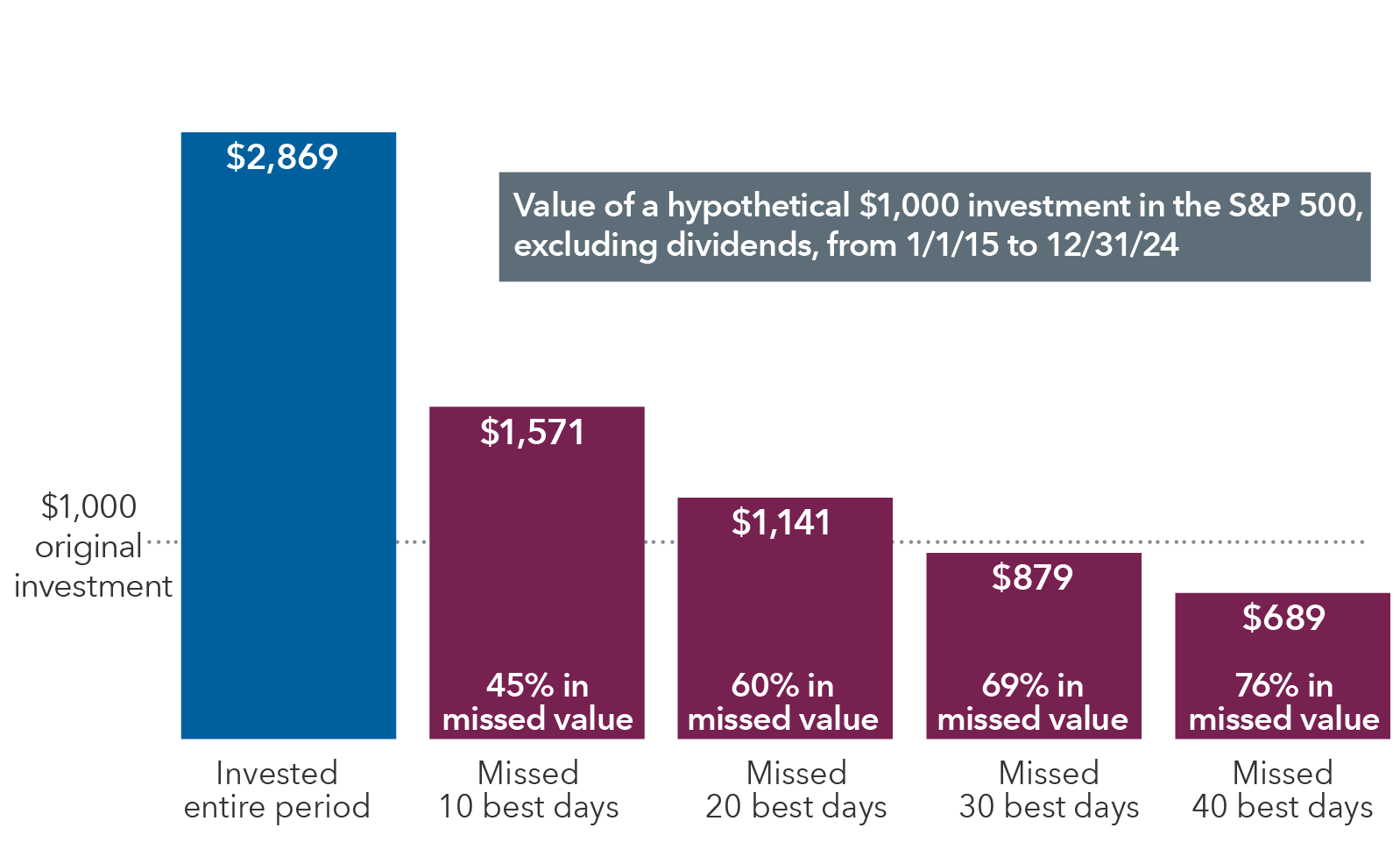Please read this page before proceeding, as it explains certain restrictions imposed by law on the distribution of this information and the countries in which our funds are authorised for sale. It is your responsibility to be aware of and to observe all applicable laws and regulations of any relevant jurisdiction.
By confirming that you have read this important information and the terms and conditions, you also confirm that you agree that such terms and conditions will apply to any subsequent access to the Individual Investors section of this website by you, and that all such subsequent access will be subject to the disclaimers, risk warnings and other information set out herein.
i) you understand this website uses cookies to ensure that we give you the best browsing experience on our website. If you continue browsing, we consider that you accept the use of these cookies. To manage your cookies you can also use our automated/online tool which is available by clicking located at the bottom right hand side of your screen. View the cookies policy of this website
Legal and Regulatory Information
Accuracy of information; changes
Whilst considerable care has been taken to ensure the information contained within this website is accurate and up-to-date, no warranty, guarantee or representation is given as to the accuracy, reliability or completeness of any information and no liability is accepted for any errors or omissions in such information. The information included on this site has been produced by Capital International Management Company Sàrl (“CIMC”), which is regulated by the Commission de Surveillance du Secteur Financier (“CSSF” – Financial Regulator of Luxembourg) and its affiliates, as appropriate (“Capital Group”). Any reproduction, disclosure or dissemination of these materials by you is prohibited.
Some of the information on this website may contain projections or other forward looking statements regarding future events or future financial performance of countries, markets or companies. These statements are only predictions, opinions or estimates made on a general basis and actual events or results may differ materially. No information on this site constitutes investment, tax, legal or any other advice.
All investment strategies, products and services referred to on this website are subject to change without notice. Capital Group may amend the website (including this Legal Information section) and our investment strategies, products and services at any time with or without notice to the user. Capital Group is under no obligation to update the website or to correct inaccuracies which may become apparent. Capital Group shall have no liability for any direct, indirect, consequential or special losses or damages of any kind whatsoever arising from or in connection with any use of the website or its contents.
No information, whether oral or written, obtained by you through or from this site or from any conversation with Capital Group staff or a professional consultant will have the effect of varying this Legal Information.
Not an offer
This website (and the information contained therein) is provided for information purposes only, and does not constitute either an offer, invitation, inducement or a solicitation to buy or sell any securities or investment product nor is it a recommendation for any security or investment product. The information contained on this website is not directed at or intended for distribution to, or use by, any person in any jurisdiction or country where such use or distribution would be contrary to any applicable local law or regulation or would subject Capital Group to any registration or licensing requirement in such jurisdiction. It is your responsibility to inform yourself of any applicable legal and regulatory restrictions and to ensure that your access and use of this information does not contravene any such restrictions and to observe all applicable laws and regulations of any relevant jurisdiction. Professional advice should be sought in cases of doubt, as any failure to do so may constitute a breach of the securities laws in any such jurisdiction.
.Potential investors should read the terms and conditions in the relevant offering materials carefully before any investment is made. Investors should be aware that this website may not provide all the information which is necessary or desirable to make such a decision and should undertake their own due diligence.
The funds referred to herein are offered, as part of a formal process, by their current prospectuses only. The prospectuses and key investor information documents contain more complete information about these funds and should be read carefully in conjunction with the latest annual and semi-annual reports before investing. Depending on the countries where the funds are offered, the prospectuses are supplemented by an addendum containing supplementary information required by the regulations of such jurisdictions. However, prospectuses and other information relating to these funds will not be distributed to persons in any country where such distribution would be contrary to local law or regulation. Capital Group will not at any time be arranging on behalf of the individual investor.
The contents of this website have been approved by Capital International Management Company Sàrl and is only to be accessed and viewed by (and the investment opportunities described in it are only available to) limited categories of persons in the UK and in other jurisdictions.
The funds referred to on the website are Luxembourg-registered UCITS, which are registered in each of the relevant jurisdictions under the applicable local laws and regulations. Investors should be aware that protections provided by relevant local laws and regulations may not apply to investment in the funds. It is your responsibility to be aware of the applicable laws and regulations of your country of residence. In particular, UK investors should note that holdings or investments in the funds will not be covered under UK Financial Services Compensation Scheme. Investors will have no right of cancellation under FCA’s Cancellation and Withdrawal rules.
The funds referred to herein are not registered under the United States Investment Company Act of 1940 and securities issued by the funds are not registered under the United States Securities Act of 1933. This is not an offer to sell, nor a solicitation of an offer to buy, the securities of any fund in the United States, its territories, possessions or protectorates under its jurisdiction nor to nationals, citizens or residents in any one of those areas.
Capital Group will not regard any person who accesses this website as its client in relation to any of the investment products or services detailed in the website, unless expressly agreed. Capital Group will not be responsible to any individual for providing them the same protections as are offered to its clients. Capital Group shall not be undertaking arranging activities at any time on the behalf of individuals electing to access the website.
No investment advice
The website is provided for information purposes only. Nothing on this website will constitute legal, tax or investment advice or recommendations. The products described may not be available to, or suitable for, all investors. In addition, current levels, bases and reliefs from tax depend on individual circumstances, which may also change in the future. Investors should not invest in the funds unless they understand its nature and the extent of their exposure to risk. Independent professional advice from a suitable authorised person, including tax advice, should be sought before making an investment decision.
Investment risk
The value of any investment made in the funds or otherwise and the income from such can go down as well as up, and the investor may not get back the full amount invested. Past performance is not a guarantee of future returns. Changes in the rate of exchange may also cause the value of overseas investments to go up or down. Funds that invest in asset classes carrying greater risk, such as emerging markets, high yield securities and securities of small capitalisation companies may have a higher risk of loss of capital.
Third party websites
Capital Group accepts no responsibility for any information contained in any website accessed via a hyperlink from this website. No other person/company may link their website into Capital Group's website without the express written permission of Capital Group. The content, accuracy and opinions expressed in such websites are not checked, analysed, monitored or endorsed by us. Access to any third party website is at the user’s own risk.
Third party content
Materials and information distributed by Capital Group, whether in hard copy, website or electronic format, include general news and information, commentary, interactive tools, quotes, research reports and data concerning the financial markets, securities and other subjects. Some of this content is supplied by third parties ("Third Party Content") that are not affiliated with Capital Group (each a "Third Party Content Provider"). Third Party Content is being provided for non-commercial purposes only and may not be copied, used or distributed without the permission of the relevant Third Party Content Provider. Third Party Content may be protected by United States or international copyrights. Third Party Content may not be copied, used or distributed without the permission of the relevant Third Party Content Provider. All trademarks and service marks appearing on this site are the exclusive property of their respective owners. These provisions are not intended to, and will not, transfer or grant any rights in or to the Third Party Content, and the relevant Third Party Content Provider reserves all such rights. Capital Group's use of any Third Party Content is not intended to imply that any Third Party Content Provider sponsors, endorses, sells or promotes any Capital Group investment strategies, products or services. Third Party Content is provided on an "AS IS" basis and Third Party Content Providers shall have no liability for monetary damages on account of the Third Party Content provided herein.
Enforcement of terms and conditions
These terms and conditions are governed and interpreted pursuant to the laws of the Grand Duchy of Luxembourg. If any part of these terms and conditions is deemed to be unlawful, void or unenforceable, that part will be deemed severable and will not affect the validity and enforceability of the remaining provisions. None of these terms and conditions are enforceable under the Contracts (Rights of Third Parties) Act 1999 by a person who is not a party to its terms.
Switzerland Only
Capital International Sàrl is responsible for the content of this website in Switzerland.
The Funds listed on this website are authorized by the Swiss Financial Market Authority (FINMA) for distribution in or from Switzerland. Capital International Sàrl, 3 Place des Bergues, 1201 Geneva, is the Funds’ Representative in Switzerland and JPMorgan (Suisse) SA, 8 rue de la Confédération, 1204 Geneva, acts as their Swiss Paying Agent. The prospectus, the key investor information documents, the articles of incorporation, the latest annual and semi-annual reports of the Fund can be obtained through this website and upon request free of charge from the Swiss Representative.
Cookies
This site uses cookies. The cookies we use are to help make the website more user-friendly. You are not required to accept cookies, and you may delete and block cookies from this site. To find out more about cookies on this website and how to delete cookies, see our cookie policy.
I have read and accept the terms and conditions of this site.











